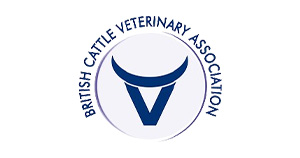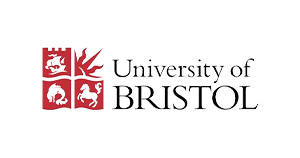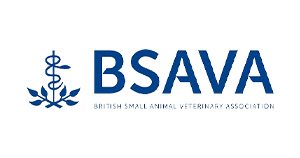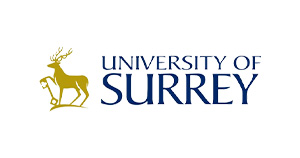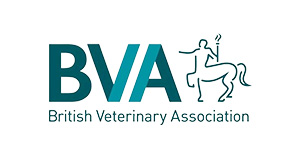Pet Dental Care: Why is it Important & What to Expect During a Procedure?
Published on: Nov 24, 2020
Everyday, twice a day (hopefully!) we brush our teeth. Perhaps annually we visit our dentist or hygienist for a dental health check, perhaps a scale a polish too. We do this to maintain good oral health, preserving our teeth and gums and avoiding, where possible, dental pain.
A large proportion of our ‘routine’ veterinary work, aside from neutering procedures such as cat and dog spays and castrates, are dental related. We performed dental work for a number of reasons, sometimes, much like ourselves it’s for prevention; a quick clean up and a scale and polish but more often than not, it starts with a problem. Some of the common presenting issues are; bad breath (known as halitosis), facial swelling often due to tooth root abscesses, or a change in eating behaviours noticed at home. At other times, it might be something observed by the vet at routine health check appointments or annual vaccinations. Frequently we see gum inflammation (known as gingivitis) from years of plaque build up aggravating the gums, or as this progresses, loose teeth where the chronic inflammation has damaged the ligamentous attachment between the tooth and the socket or root infections. Fractured teeth are also a concern as this allows bacteria to enter the pulp canal which can be both incredibly painful but also high risk for systemic infection.
Unfortunately it is not possible for us to performed dental work conscious or under local anaesthetic. For everyone’s sake it is best performed with the animal under a general anaesthetic. Once asleep, each tooth is explored with dental instruments, assessed and graded by the vet, given a score out of three for gingivitis and plaque build up. We then take xrays of the teeth to be able to assess the roots, to check that they are intact and healthy. In older cats we sometimes have teeth that look normal externally but the roots are not which is a strong indicator for tooth extraction. Once we have imaged, we take some ‘before’ photos and then get stuck into the job at hand, whatever that may entail and when finished, we take some ‘after’ photos. We put these images together in our going home dental pack for you to see the work that has been completed.
Preventative measures are the goal for many aspects of veterinary medicine and is especially true for teeth. Sadly, even the most trainable pet won’t brush their teeth each day! This is down to the dedicated owner to introduce and perform for them. And whilst there are a myriad of products out there, designed to help with dental hygiene, brushing really is the crème de la crème! In our household, the poultry flavoured toothpaste makes for a highly anticipated bedtime snack, and the brushing, well we are just about getting there!
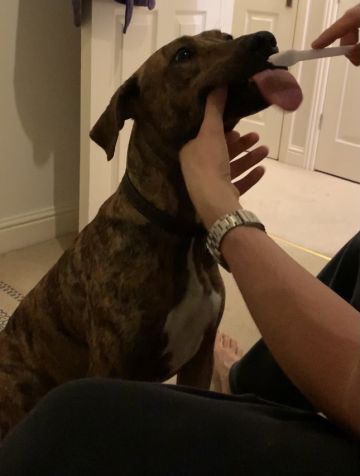
pet dental care | importance of pet teeth cleaning | pet dental procedure | pet dental problems | pet dental x-rays | pet dental cleaning under anesthesia | Shepton and Wells Vets
Caring for your pet as we do our own
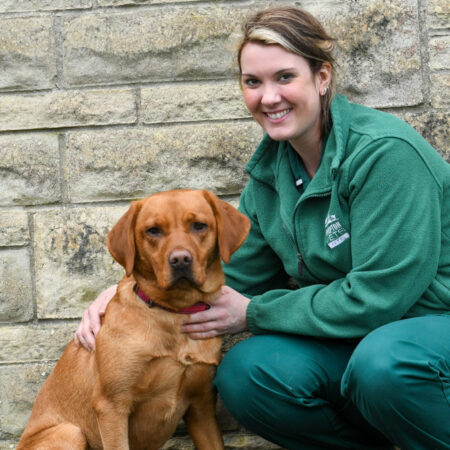
At Shepton and Wells Vets, we understand what your pets mean to you, and so our Pets team aim to care for each and every one of them as we would do our own.
We care about your pet
Our primary focus is keeping them fit, happy and healthy with comprehensive and effective preventative healthcare, advice and treatment.
We care about you
We aim to communicate clearly and honestly with you, and discuss different treatment options so that you can make the right informed choices for you and your pet.
We care about clinical excellence
We take pride in providing a high level of medical and surgical care, working together as a team to do the very best we can for your pet.






